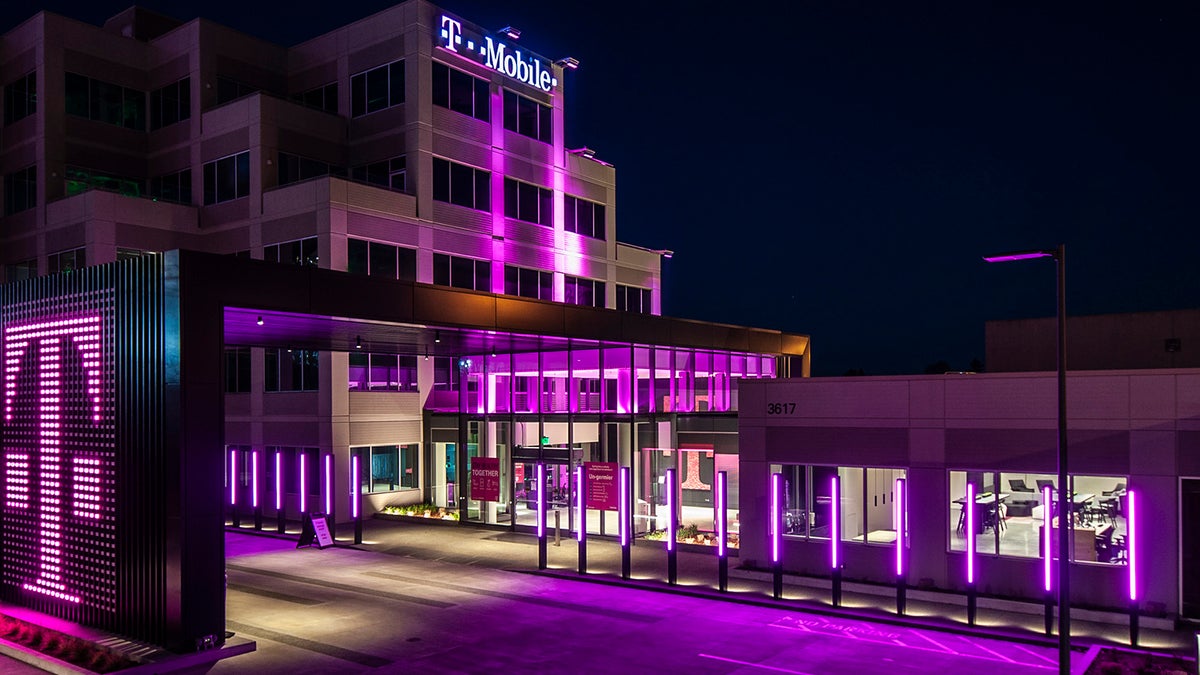Many analysts had predicted that this to be the outcome, including DISH, which was originally expected to buy 13.5 megahertz of spectrum in the 800 MHz band from T-Mobile. The company had accused T-Mobile of having figured out a way to put the low-band spectrum to good use.
T-Mobile was required to sell the spectrum as part of its Sprint acquisition. DISH backed out earlier this year due to funding issues. DISH did try to ask for more time to buy the spectrum and it now owes T-Mobile $72 million for not honouring its commitment.
It was predicted that there might not be other takers. Utilities companies were said to be showing interest, but the opening bid of $3.6 billion was perhaps too much for them.
During the Q3 earnings call, Ulf Ewaldsson, T-Mobile‘s president of technology, said that the auction for 800MHz licenses came to an end without a qualifying bid. CEO Mike Sievert added that the company is no longer required to sell the spectrum.
T-Mobile hasn’t decided whether it will deploy the spectrum or do something to benefit financially from it.
On the 800 band, we concluded the auction without really a bid that was qualifying. That gives us now new optionality really.
We can either deploy it or we could look at doing something to benefit monetarily from it. So, we have those optionalities as we go forward. We’re always working on our spectrum portfolio and continue to build this leading 5G network based on it.
Ulf Ewaldsson, T-Mobile‘s president of technology, October 2024
T-Mobile believes that this is a valuable and important spectrum, so it was a wonderful stroke of luck for the company that no one could muster up enough funds or interest to purchase it. Apparently, 800MHz isn’t enough to add a lot of capacity or services, which could be why no one wanted to pay $3.59 billion billion for it. Most companies already have low-band spectrum and what they are chasing is mid-band spectrum, which is the sweet spot for coverage and speed.
And secondly, in Ulf’s network plan, utilizing that spectrum is not currently in the plan. So, the reason I point this out is that just we have a lot of optionality and that’s valuable spectrum. It’s important spectrum. And you’ll have to stay tuned as it relates to our resolution on how we plan to use it.
Mike Sievert, T-Mobile‘s CEO, October 2024
This isn’t the first time that T-Mobile has revealed that there are lots of things it could do with the spectrum and had previously hinted at emerging technologies as an example.
